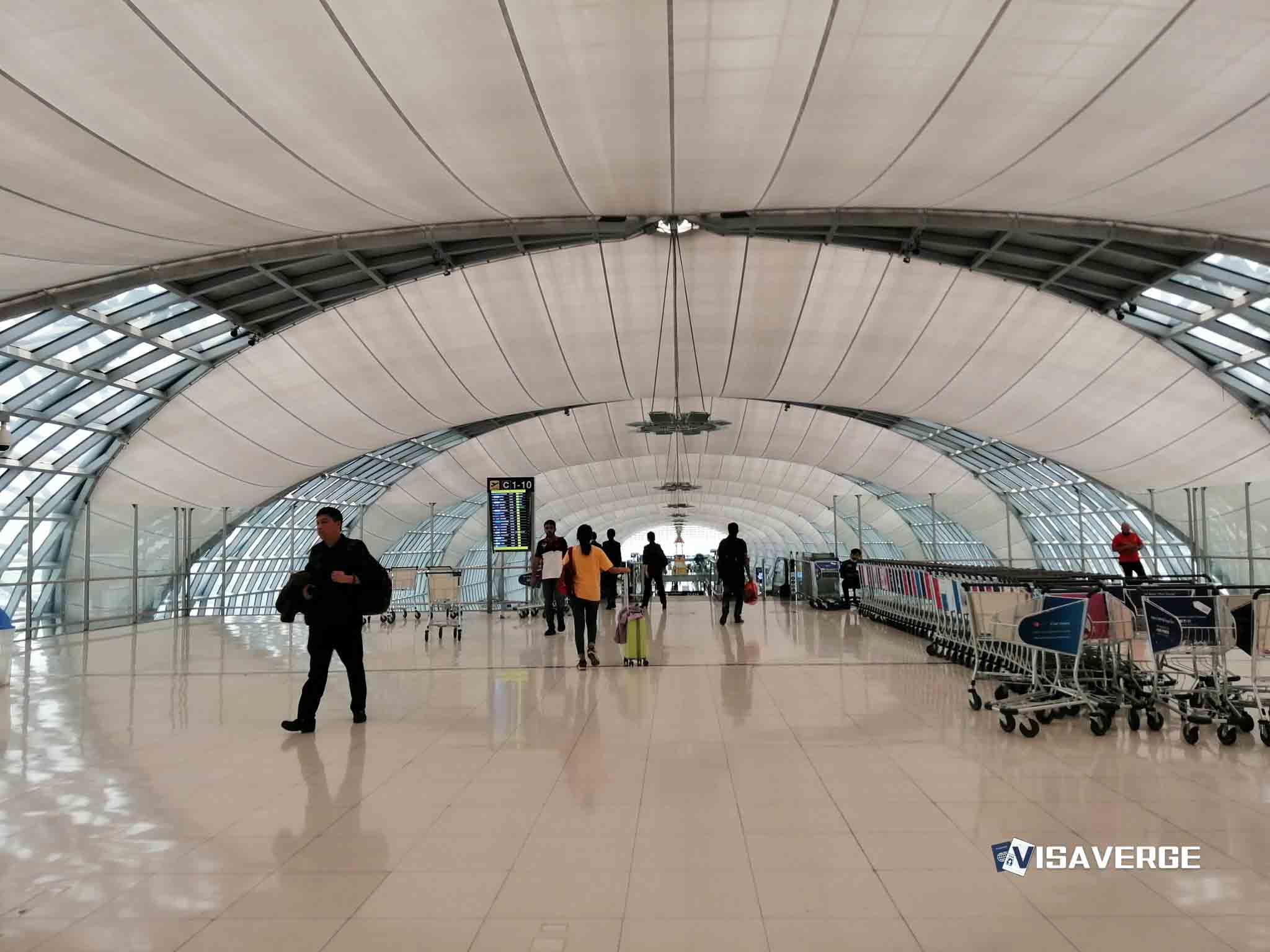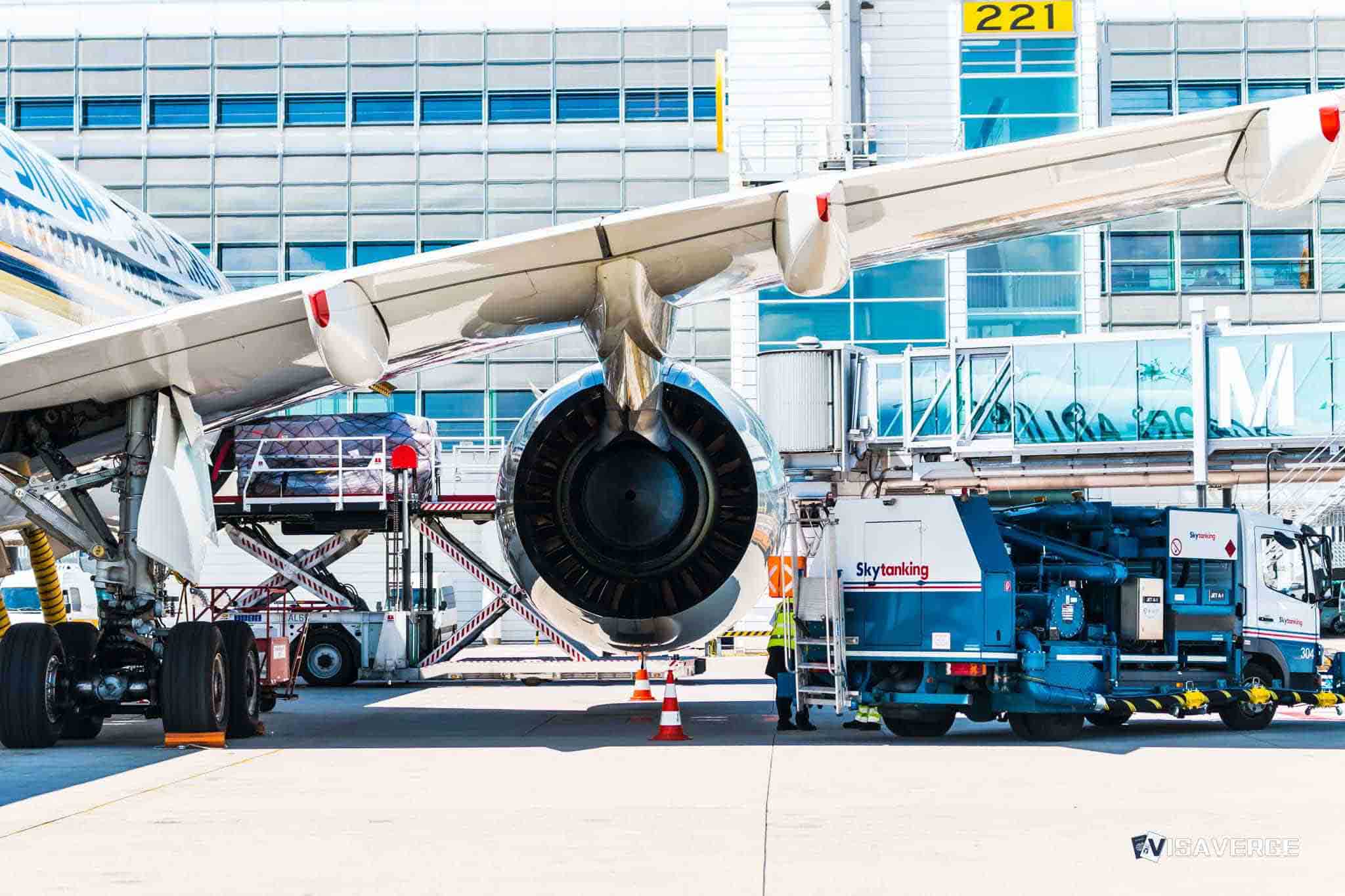Handling Medical Emergencies as an F1 Visa Student in the U.S.
Understanding Healthcare for International Students
Navigating the healthcare system in the U.S. can be daunting, particularly for international students on an F1 visa. It’s essential to understand what steps to take in the event of a medical emergency. As an F1 visa holder, staying informed about your health coverage and knowing emergency protocols is crucial.
Preparing for Health Emergencies on F1 Visa
Before an emergency strikes, it’s important to be prepared:
- Always carry your health insurance information along with identification.
- Know the location of the nearest hospital or clinic.
- Have a list of emergency contact numbers ready, including your country’s embassy or consulate.
F1 Visa Medical Emergencies: Steps to Follow

If you encounter a health emergency, take the following steps:
- Call 911 if it’s a life-threatening situation. Be ready to explain your emergency in clear, simple terms and provide your location.
- Visit the campus health center for non-life-threatening issues, as they’re familiar with treating international students.
- Contact your health insurance provider immediately if hospitalization is required. Your provider will guide you on the procedures to follow and how to file a claim.
- Inform your school’s international student office. They can offer support and assist with any visa-related concerns due to your medical situation.
Emergency Protocol for Visa Holders: Maintaining Your Status
It’s essential to maintain your F1 visa status, even in emergencies:
- If a medical emergency affects your full-time enrollment, have your school’s officials assist in processing an authorized break.
- Keep documentation of your medical situation to justify any changes to your enrollment status to immigration authorities.
Accessing Healthcare Resources
For additional support:
- Visit the official Study in the States website at StudyIntheStates.dhs.gov for information specific to F1 visa holders.
- The U.S. Department of State’s Bureau of Consular Affairs Travel.State.Gov provides general resources for medical emergencies abroad.
- The U.S. Immigration and Customs Enforcement (ICE) has a Student and Exchange Visitor Program (SEVP) that can be a useful resource, available at ICE.gov/sevis.
Remember, being informed about your insurance plan and familiarizing yourself with the U.S. healthcare system can alleviate the stress of handling a medical situation. Stay proactive about your health, and never hesitate to seek assistance when needed.
“Your health is your most valuable asset. Take your time to understand your insurance coverage and the healthcare system.”
Always prioritize your well-being and know that resources are available to guide you through handling medical emergencies as an F1 visa holder in the U.S.
Phew! Navigating healthcare on an F1 visa can be a wild ride, but you got this! Remember to always carry your insurance info, know the nearest hospital, and have emergency numbers handy. And hey, for even more tips and info, check out visaverge.com. They’ve got your back! Stay healthy, my friend! 🌟🩺🌟
FAQ’s to know:
FAQ 1: What steps should I take to prepare for a medical emergency as an F1 visa student in the U.S.?
Answer: To prepare for a medical emergency on an F1 visa in the U.S., ensure you always carry your health insurance information and identification. Know the location of the nearest hospital or clinic, and have a list of emergency contact numbers available, including your country’s embassy or consulate.
FAQ 2: What should I do if I encounter a health emergency as an F1 visa student in the U.S.?
Answer: If you experience a health emergency as an F1 visa student in the U.S., call 911 immediately if it’s a life-threatening situation. Clearly explain your emergency and provide your location. For non-life-threatening issues, visit your campus health center as they are familiar with treating international students. If hospitalization is required, contact your health insurance provider immediately and follow their guidance on procedures and claim filing. Additionally, inform your school’s international student office for support and assistance with visa-related concerns related to your medical situation.
FAQ 3: How can I maintain my F1 visa status in the event of a medical emergency?
Answer: It is crucial to maintain your F1 visa status, even during medical emergencies. If a medical emergency affects your full-time enrollment, seek assistance from your school’s officials to process an authorized break. Keep documentation of your medical situation to justify any changes to your enrollment status to immigration authorities. Stay informed and proactive in meeting visa requirements in challenging situations.
What did you learn? Answer below to know:
1) True or False: As an international student on an F1 visa in the US, it’s important to carry your health insurance information and identification at all times in case of a medical emergency.
2) What should you do if you encounter a life-threatening medical situation as an F1 visa student in the US?
a) Call your health insurance provider immediately
b) Visit the campus health center
c) Call 911 and provide clear, simple information about the emergency and your location
d) Contact your country’s embassy or consulate
3) How can maintaining your F1 visa status be affected by a medical emergency?
a) It is not necessary to maintain your visa status in case of a medical emergency
b) Your school’s officials can assist with processing an authorized break if your enrollment is affected by the medical emergency
c) There are no immigration authorities involved in maintaining your F1 visa status in a medical emergency
d) The Bureau of Consular Affairs provides resources for medical emergencies abroad








